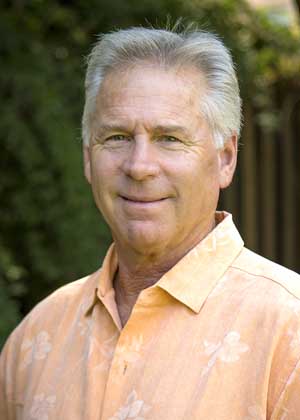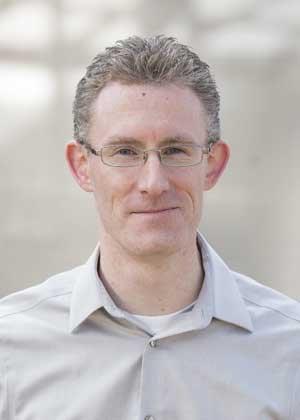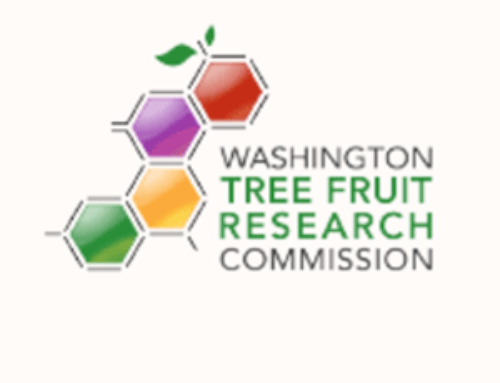New leader of UC Davis postharvest center

Trevor Suslow
Food safety expert Trevor Suslow took over leadership of the Postharvest Technology Center at the University of California, Davis in September, and he’s hoping to bring fresh energy, a greater focus on food safety and research capacity to the group.
“The center is a group of extension specialists and affiliated facility that do the teaching and workshops,” Suslow said. “It’s not a research center, but that’s one of my goals to try to make that happen.”
Suslow replaced Beth Mitcham, a postharvest pomologist in the Plant Sciences Department who stepped down after eight years leading the center.
Suslow is no stranger to the center; he’s been working with staff there in various ways since he joined the UC, Davis Department of Plant Sciences in 1995 as an extension research specialist.
Currently, the center’s primary mission is education and outreach, and it hosts training on methods for reducing postharvest losses and improving the quality, safety and marketability of fresh produce.
It also disseminates the findings of affiliated researchers, but doesn’t do any direct research at this time.
Suslow said he’d like to change that so the center can do applied research to meet a growing need he sees from growers and produce processors for reputable third-party assessments of quality and safety strategies.
“One of my key goals for 2017 is to build up a technical staff that can take up short-term applied projects on behalf of our clientele,” Suslow said. “In my mind, we need to find ways to fill in the holes left by the drop in extension specialists with these nontenure track appointments.”
Taking the helm at the center means more administrative responsibility, but Suslow said he plans to continue his own research efforts.
He focuses on strategies to improve postharvest quality and microbial safety of fruits and vegetables. That includes risk assessments for E. coli, salmonella and listeria in conventional and organic production systems from farm to packing facility.
Washington State taps new Clean Plant Center director

Scott Harper
Washington State University has hired Scott Harper, a plant pathologist with a background in citrus viruses, as the new director for the Clean Plant Center Northwest.
Harper, born in New Zealand, has spent most of his career studying viruses in citrus trees, including the past six years for the University of Florida. His background will transfer easily to other perennials such as apples, cherries and pears, he said.
Viruses in plants are extremely hard to get rid of, Harper said at a meeting of the Northwest Nursery Improvement Institute in early December in Wenatchee, Washington.
Chemical controls sometimes help but don’t kill them. But they can be lived with and controlled, he said.
In Florida, an estimated 90 percent of trees carry viruses; in New Zealand, the infection rate is nearly 100 percent, but infections don’t always manifest depending on different combinations of scion, rootstocks and geography.
Still, he strongly urged growers to use plant material certified as virus-free by a laboratory such as the Clean Plant Center.
Harper will start once his U.S. visa is finalized with federal authorities. He will replace Ken Eastwell, who retired a year ago after helping found the center, one of several facilities in a national network that screen plant material for diseases. It’s located at the university’s Irrigated Agriculture Research and Extension Center in Prosser.






Leave A Comment